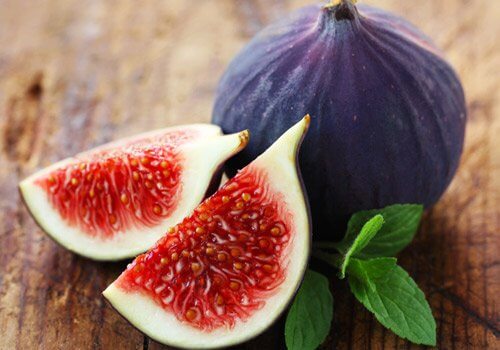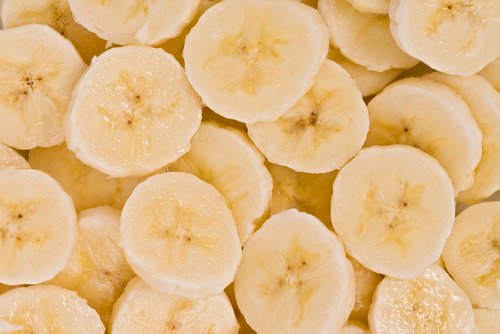4 Fruit Trees You Can Grow at Home

Do you want your home to have clean air and great energy? If so, you should have plants in your house. Besides the classic flower pots, there are some beautiful fruit trees that you can easily grow in your home.
This is a great option that brings joy and can result in fruit. Being able to grow your own fruit is a great way to avoid the chemicals used in large supermarkets chains.
Also, the care that is required gives you a chance to care for yourself, as well. Caring for plants will give you a break from day-to-day worries and responsibilities. Keep reading to find out how you can grow your own fruit trees at home.
Gardening provides an ideal way to combat stress since you connect directly with something that’s alive.
If you haven’t tried this activity yet, we suggest that you do. It’s an excellent way to disconnect, relax, and care for something beautiful.
Nevertheless, not all fruit trees are suitable to grow indoors. Today, we’ll look at which ones tend to work best. This way, you’ll avoid the frustration of trying something that won’t work out.
1. Brown Turkish fig fruit tree

It’s true that fig trees are beautiful and give off a pleasant aroma, but you need to select a variety that is meant for growing indoors.
The best choice is the brown Turkish fig tree since it adapts to indoor climatic conditions and will self pollinate. In other words, it doesn’t need the help of bees to give fruit. This way, you can enjoy figs’ natural sweetness. You’ll find few fruits that are as tasty and nutritious.
On the other hand, this tree won’t grow to be very large. It actually depends on the size of the pot that it’s planted in.
Plus, it’s very easy to care for:
- You only have to water this plant once a week.
- It does need natural sunlight, so place it in the brightest area that you can find and keep it away from drafts.
2. Meyer lemon tree
Of all the fruit trees you can grow at home, the lemon tree is perhaps the most aromatic.
Also, its color will give a touch of joy to the room that will be converted into a special place. We chose the lemon tree for its size since it’s a member of the mini tree group.
- It likes humidity, which is ideal for apartments and city life.
- However, it does need at least 8 hours of sun, like most citrus trees.
Don’t forget to read: How to use citrus fruits to clean the house
3. Arbequina olive tree

There are plates and other items you can purchase to catch the leaves when they fall. What’s more, they’re inexpensive and easy to clean.
- You don’t need to water this tree a lot or follow a strict schedule.
- Simply look at the soil’s top layer to see if it needs to be watered. When it’s dry, it’s time to water it.
- As for light, it’s best that the plant gets six hours a day. Before you know it, you’ll have olives in your house!
Want to know more?: 8 plants that purify the air in your home
4. Mini red banana tree

We suggest this small variety because it’s the most suitable for indoors and also provides edible bananas.
Just like other fruit trees you can grow at home, it self pollinates.
- It needs a lot of water, but you should hold off on watering it until the soil is dry.
- It likes a lot of sunlight, so make sure every part of the plant receives the same amount of light.
Enjoy the benefits that these fruit trees have to offer in your home. Having them may help boost your mood and will help to create a pleasant environment. Your family and visitors will notice their effect as soon as they come in.
All cited sources were thoroughly reviewed by our team to ensure their quality, reliability, currency, and validity. The bibliography of this article was considered reliable and of academic or scientific accuracy.
- Shibata, S., & Suzuki, N. (2002). Effects of the foliage plant on task performance and mood. Journal of Environmental Psychology. https://doi.org/10.1006/jevp.2002.0232
- Chang, C. Y., & Chen, P. K. (2005). Human response to window views and indoor plants in the workplace. HortScience. https://doi.org/10.1002/gene.20051
This text is provided for informational purposes only and does not replace consultation with a professional. If in doubt, consult your specialist.








